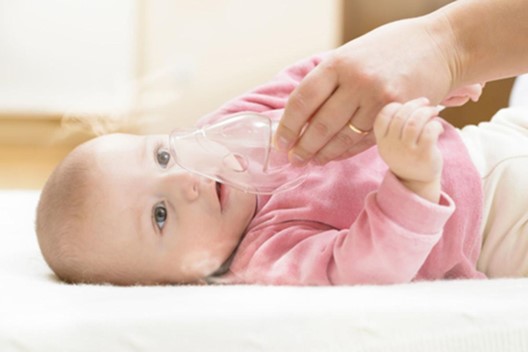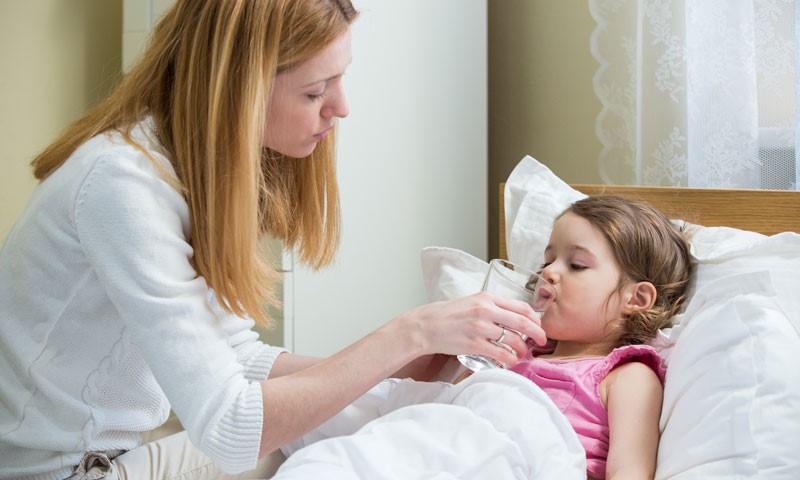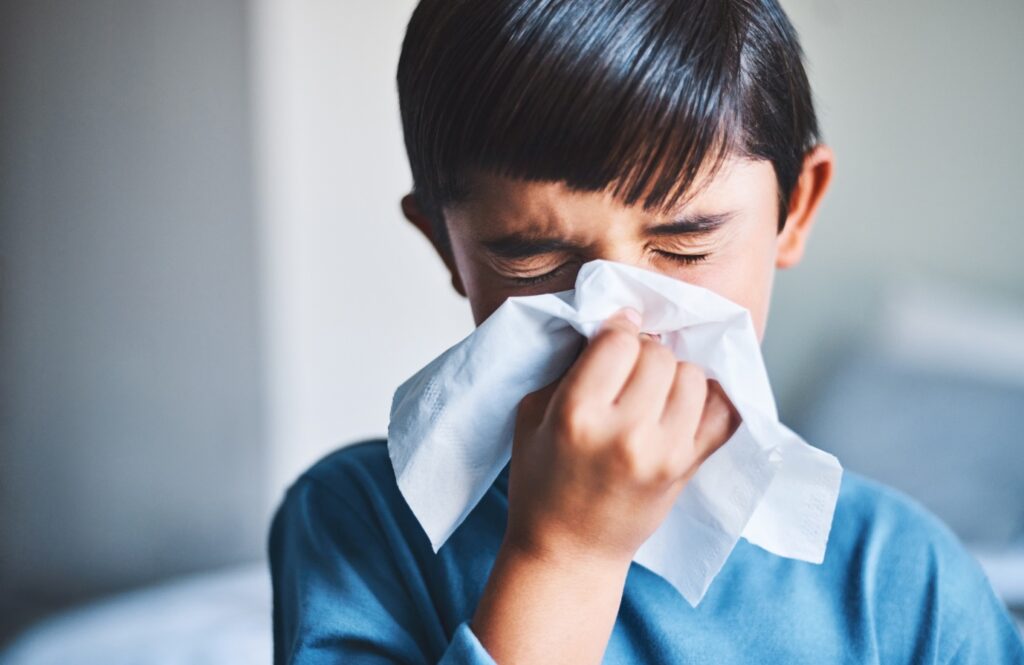In recent times, the conversation around vegan diets and their influence on women’s reproductive health has skyrocketed. Questions like, “Is a vegan diet safe for my unborn baby?” or “Am I depriving my child of essential vitamins and minerals?” have surged in popularity. Can conceiving while being vegan be a struggle? Or does reducing animal protein aid in conception? Let’s separate fact from fiction and delve into the details.
Vegan Diet and Fertility: Finding the Balance
According to a study in the American Journal of Obstetrics & Gynecology, a balanced vegan diet, abundant in antioxidants, fiber, and phytonutrients, could potentially support fertility. However, research indicates that deficiencies in vital nutrients such as vitamin B12, iron, and omega-3 fatty acids might pose challenges for women trying to conceive. Shockingly, up to 64% of women following a strict vegan diet might be at risk of a vitamin B12 deficiency, affecting their fertility potential.
For instance, consider Sarah, one of my patients and a passionate vegan. She faced fertility struggles due to undiagnosed nutrient deficiencies. After consulting a nutritionist and tweaking her diet, she successfully conceived. This underscores the importance of personalized dietary planning to support fertility while embracing a vegan lifestyle.
Vegan Pregnancy: Cultivating Nutrient-rich Nourishment
Throughout pregnancy, a mother’s diet profoundly influences both her health and that of her unborn child. Research from the Journal of the Academy of Nutrition and Dietetics underscores the need for meticulous nutritional planning during vegan pregnancies to ensure the intake of vital nutrients. Shockingly, data suggests that 80% of vegan women might not meet the recommended intake of calcium, crucial for fetal bone development.
Postpartum Wellness on a Vegan Diet: Nurturing Recovery and Beyond
Postpartum, a well-planned vegan diet can offer benefits but demands particular attention to nutrient intake. Studies from the Journal of Women’s Health indicate that up to 90% of postpartum vegan women might experience lower levels of omega-3 fatty acids, crucial for postpartum recovery and breastfeeding. This deficiency can influence recovery and the quality of breast milk.
Balancing Act: Pros and Cons of a Vegan Diet
The advantages of a vegan diet, including a reduced risk of chronic diseases and boosted energy levels, come hand in hand with challenges. A significant concern revolves around the potential risk of nutritional deficiencies, notably in vitamin B12, iron, omega-3 fatty acids, and calcium. Research suggests that up to 25% of vegan women might not meet the recommended intake of iron, which is crucial for energy and oxygen transport in the body.
Addressing potential deficiencies by considering fortified foods and supplements while maintaining a vegan diet is crucial. Seeking guidance from a nutritionist aids in crafting a well-rounded meal plan that caters to individual nutritional needs.
Insights from Mamahood
Navigating the journey through fertility, pregnancy, and postpartum can be challenging, but with the right guidance and planning, a vegan diet can indeed be healthful. To all the incredible women on this journey, seeking professional support and guidance is vital. We encourage you to connect with licensed nutritionists available on the Mamahood app. As you embark on this journey, the vegan diet might need tweaking with the help of a professional to ensure the path towards optimal health and well-being for you and your baby.








